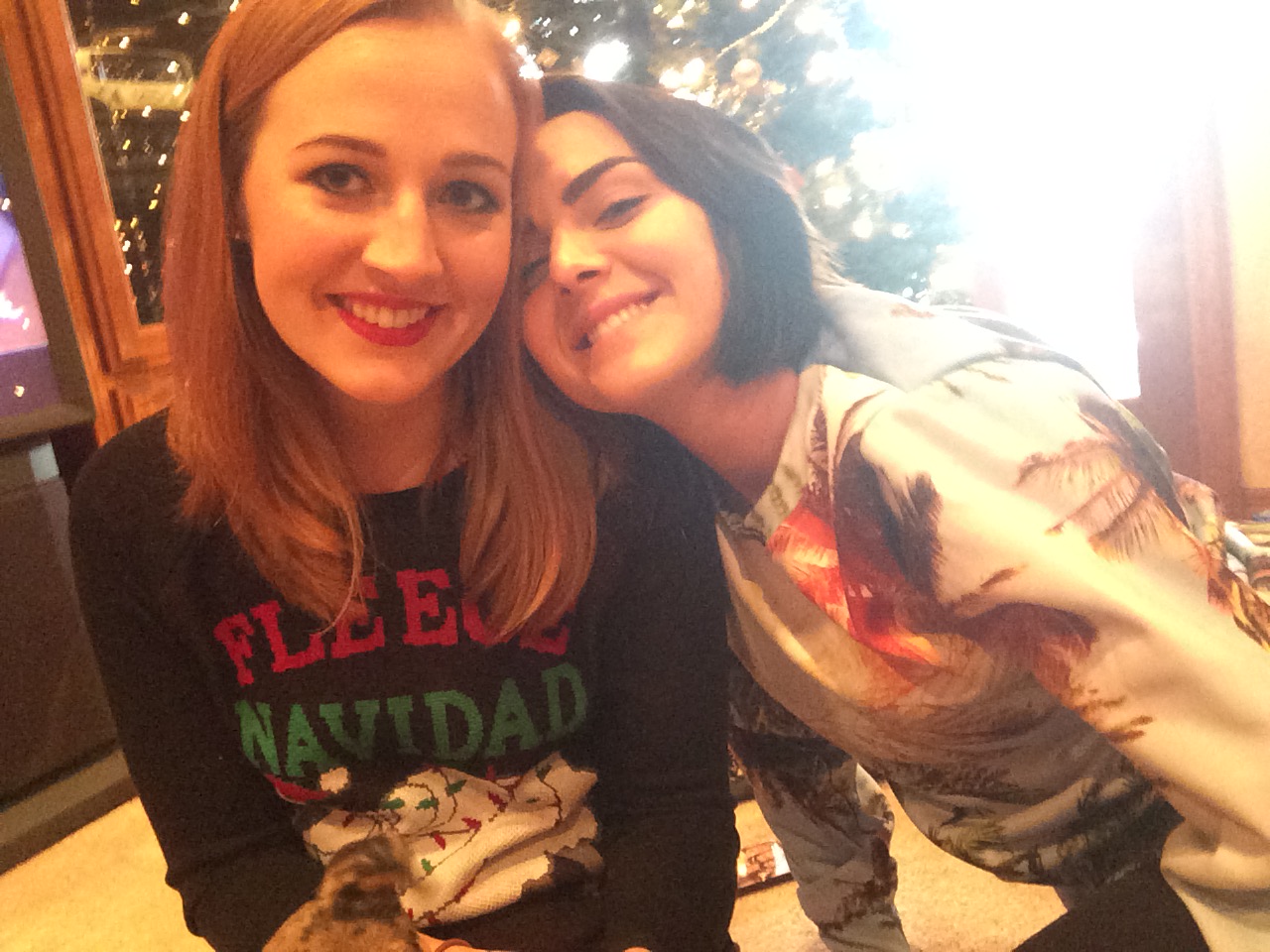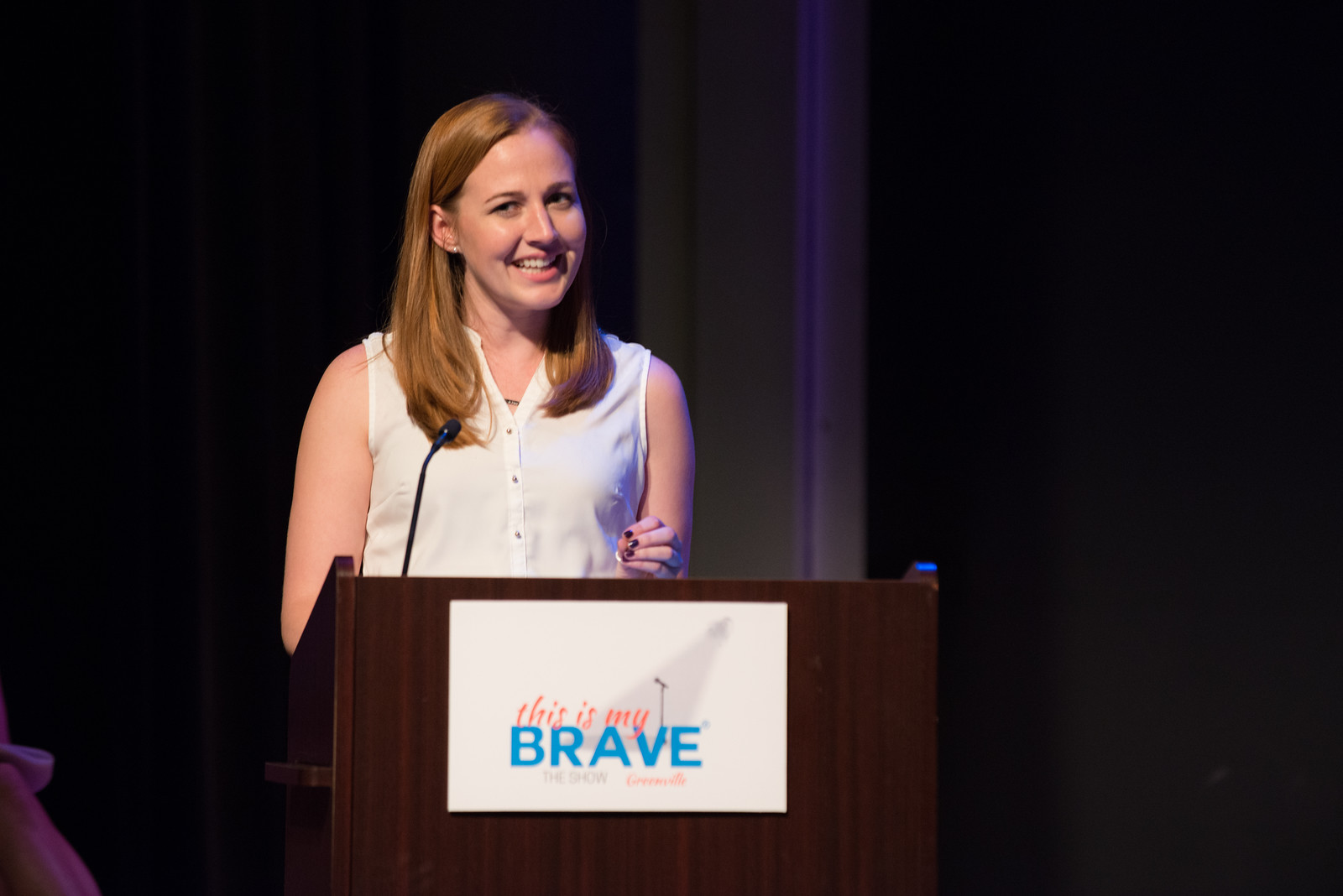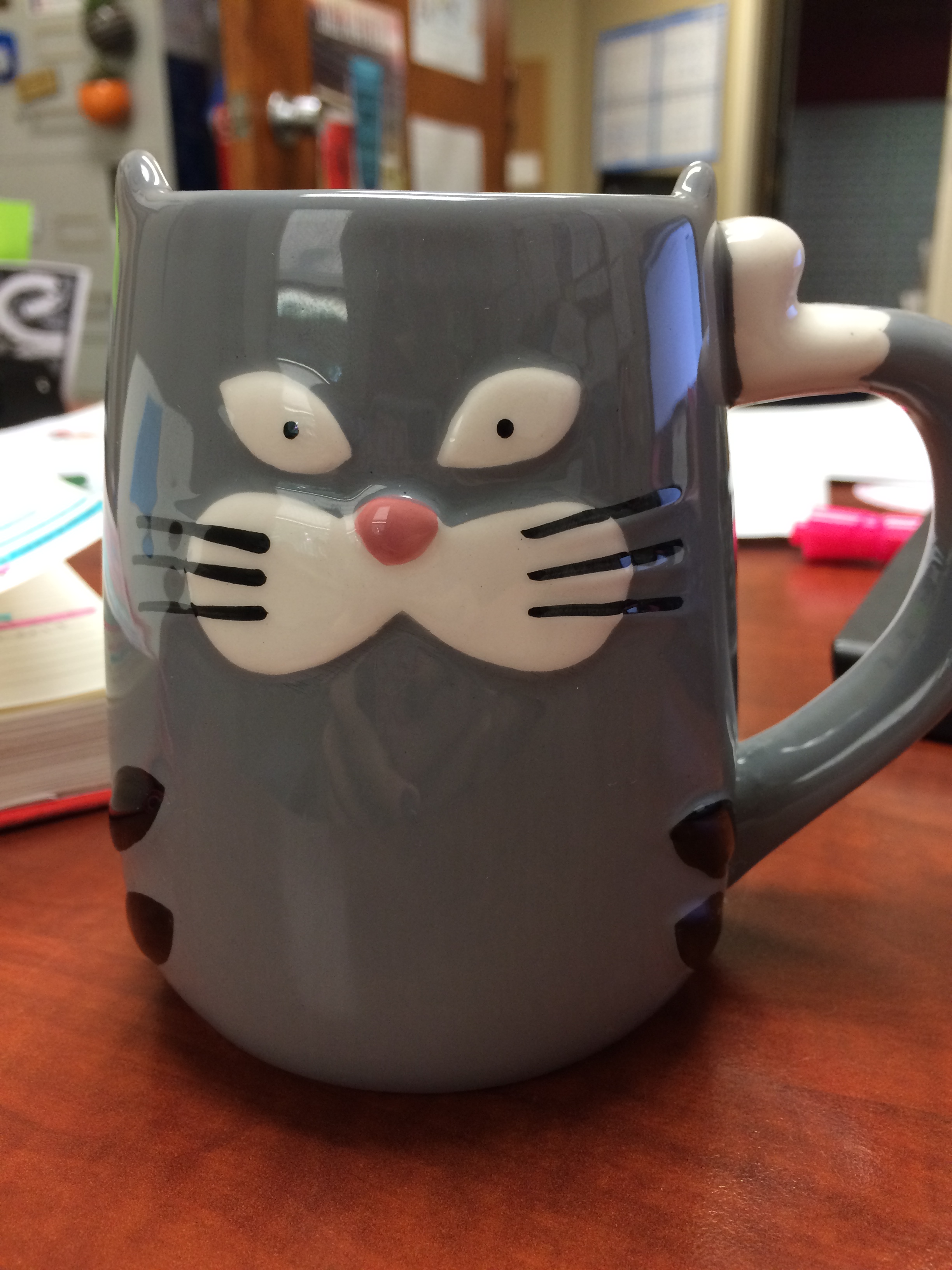I originally started writing this for a scholarly, monthly e-journal for higher education professionals, but almost let the little voice in my head win: "this isn't good enough to share with your peers". The deadline grew closer and that little voice grew louder and more condescending. Through all the therapy, treatment, and medication, there are still times that the little "you aren't good enough" voice wins. Today, I am fighting back- I am beating the little voice...
I Have a Mental Illness, but I’m Not Crazy
According to the National Alliance on Mental Health, “one in four adults−approximately 61.5 million Americans−experiences mental illness in a given year”. With such a high percentage of our population facing mental illness, it is logical to assume that we will come into contact with individuals- colleagues, students, friends, or family members- who are tackling an unseen disease of the mind. Unfortunately, there is a dark stigma attached to mental illness and those who suffer from it; a stigma that can be broken down into five interrelated components: labeling, stereotyping, separation, status loss, and discrimination (Link & Phelan, 2001).
Labeling
Crazy. Over-emotional. High-strung. Wishy-washy. Needy. Too sensitive. Abnormal. Weird. These are all things I have been called over the last seven years- words that kept me from confiding in others because putting a name to my disorder would solidify the labels that I had so often heard. Because I was so afraid of these labels, I refused to acknowledge that I had a problem, thus avoiding the therapy and treatments that I desperately needed. Labels create an internalized stigma that can stop someone from seeking help. I have depression and anxiety that outwardly appears to be bipolar disorder, but that doesn’t define who I am or dictate my personality.
Stereotyping
A quick Google image search of the phrase “mentally ill” reveals rows upon rows of thin, disheveled individuals with wild, desperate eyes. It was these pictures that came to mind when I first heard the words “bipolar disorder” escape from the mouth of my psychiatrist. Yet, recently, I was described as someone who “outwardly appears to be the girl next door. Someone you would hire to babysit your kids or house sit for you while you are on vacation” (Coulter, 2016). This image is a sharp contrast to that of someone you would picture to be mentally ill. The stereotypical “mentally ill” individual is a fallacy; I have an illness, but I do not look sick.
Separation
Making the decision to share my struggle with mental illness after almost seven years of suffering alone was one of the toughest decisions I have ever made, as the fear of backlash, rejection, and misunderstanding was overwhelming. I was very fortunate that the majority of the feedback that I got after first sharing my story was positive, yet I still received some harsh, hurtful criticism: “you are just doing this for attention” or “does this mean you are going to cry a lot more often?” The concept that mental illness and attention-seeking behaviors are intertwined is ridiculous. Thoughtless comments like the aforementioned can cause divides within relationships. In a time of need, individuals struggling with a mental illness may find themselves alienated, ostracized, or separated from the people they need the most.
Status Loss
As long as I can remember, there has been a little voice in the back of my head reminding me that I will never, ever be "good enough", thus feeding into my chronic depression. The most heartbreaking stigma that I have had to endure is that of status loss among the people I love most. My mental illness has always made me feel as if I am in need of repair. A colleague telling me that I shouldn't share my story with others as they may not be comfortable with me, or may not think I was competent at my job, solidified the notion that I was a broken girl who would never be good enough. Fortunately, this colleague was wrong- my mental illness has made me a more compassionate, empathetic advisor. I may be struggling to keep it all together at times, but I am not incompetent.
Discrimination
The scariest part of publicly sharing my struggle with mental illness was knowing that there would be some discrimination that would follow. Widely publicized incidents like the Sandy Hook shooting and the attack on Charleston's Emanuel African Methodist Episcopal Church Large have caused fear to rise in the throats of those who hear the words "mentally ill". Large studies conducted in 1996 and 2006 showed that "Americans grew less willing over time to befriend or work with someone with schizophrenia, and more inclined to see people with the disease as violent and dangerous" (Szabo, 2014). Navigating mental illness can be a scary thing, but I promise you, I am not to be feared.
A recent study found that over half of college students are experiencing some form of mental illness (Zivin et al., 2009), thus leading to a reasonable conclusion that, even if you or a colleague is mentally well, you will interact with someone who is not well within the college setting. Mental illness- whether it be fleeting or chronic- needs to be talked about. The more conversations that are had, the less power the stigma attached to mental illness will become; thus, empowering those living with mental health issues to seek help, get better, and persevere.
References
Coulter, J. (2016, May 12). How a Cat and Young Woman Save Lives. Retrieved June 15, 2016, from ConquerWorry.org: http://www.conquerworry.org/blog/5-12-2016
Link, B. & Phelan, J. (2001) Conceptualizing Stigma. Annual Review of Sociology 27(3): 363–85.
National Alliance on Mental Health. (n.d.). Any Mental Illness (AMI) Among Adults. Retrieved June 15, 2016, from National Alliance on Mental Health: http://www.nimh.nih.gov/health/statistics/prevalence/any-mental-illness-ami-among-adults.shtml#sthash.UGAqHdQD.dpuf
Szabo, L. (2014, June 25). Cost of Not Caring: Stigma Set in Stone. USA Today , pp. 14-20.
Zivin, K., Eisenberg, D., Gollust, S. E., & Golberstein, E. (2009). Persistence of mental health problems and needs in a college student population. Journal of Affective Disorders , 117, 180-185.


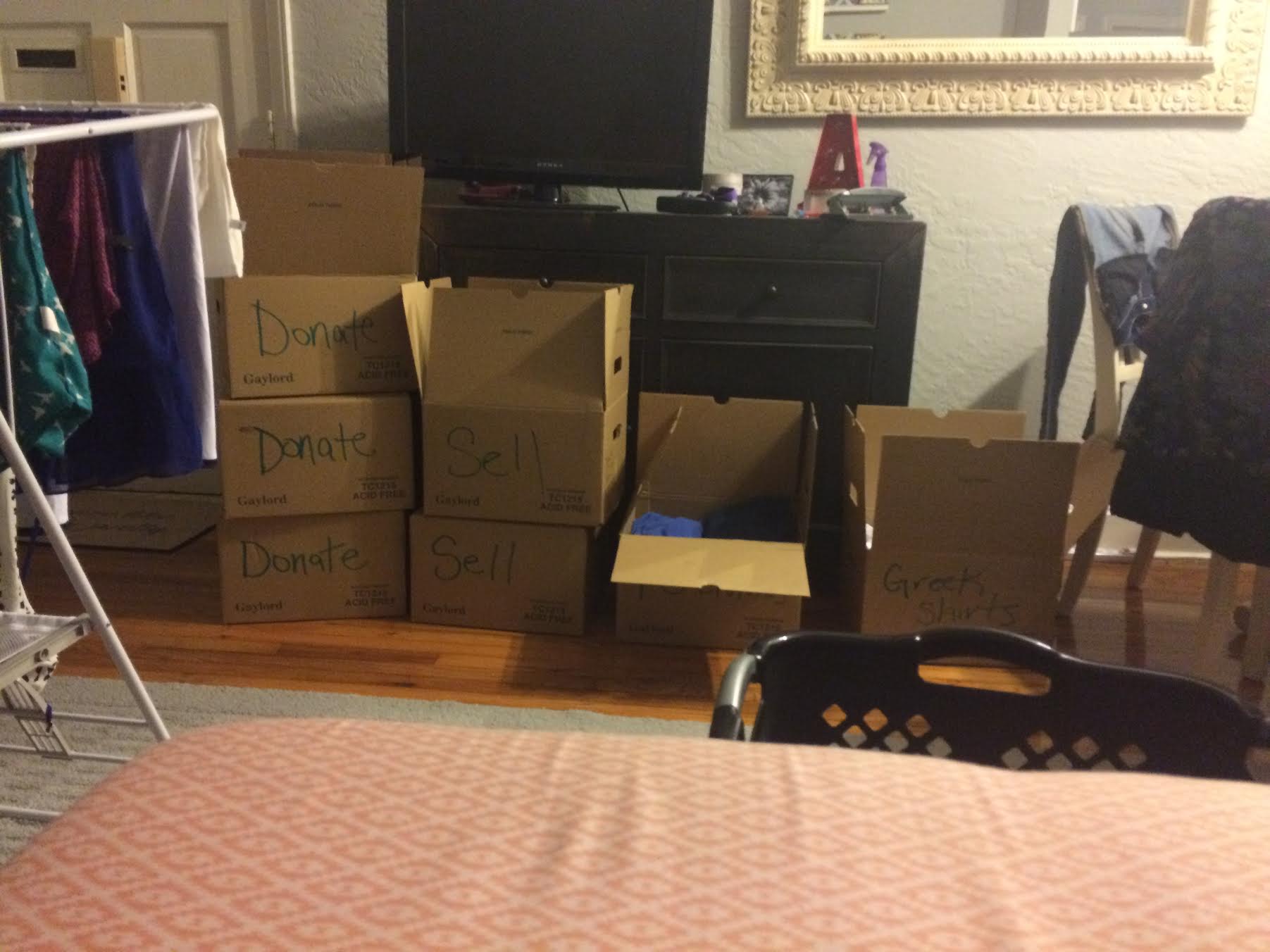


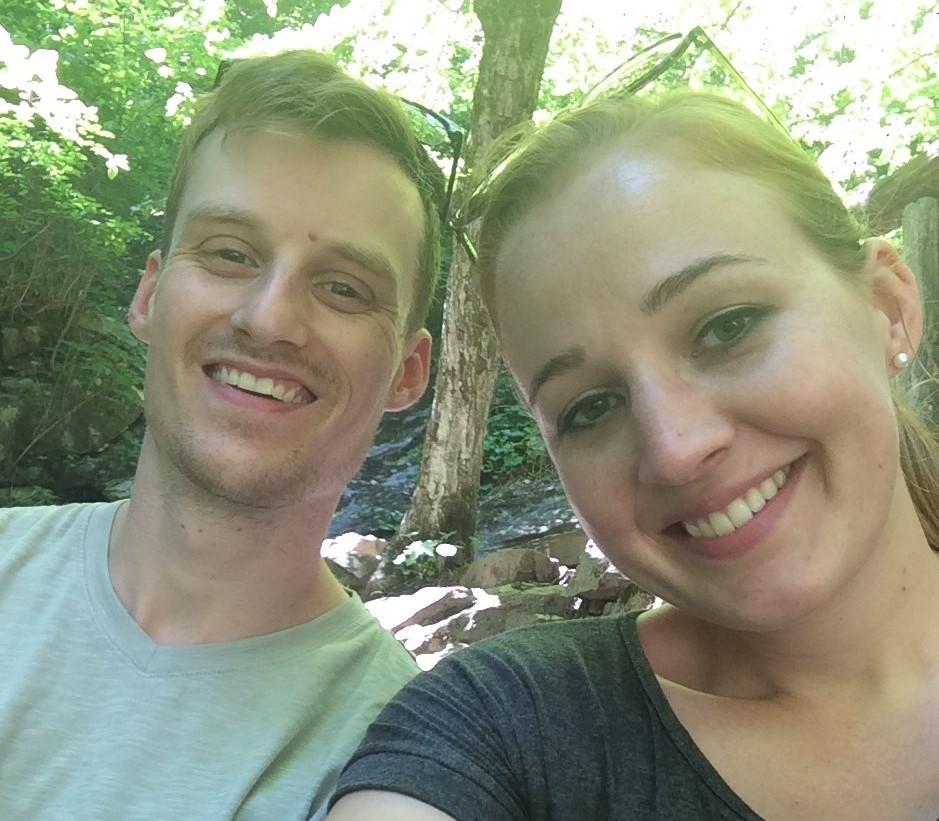 This past weekend. Vacation with the datemate. My progress.
This past weekend. Vacation with the datemate. My progress.